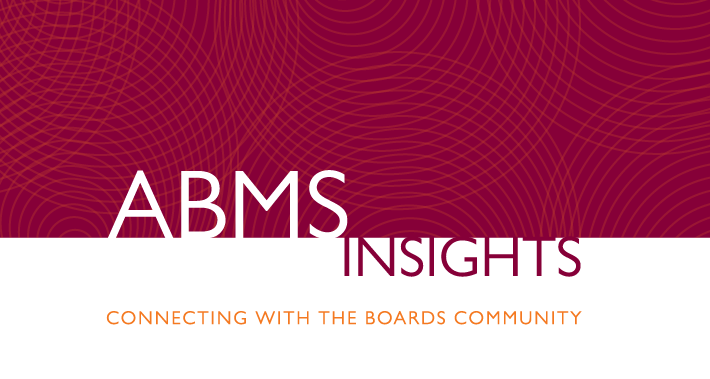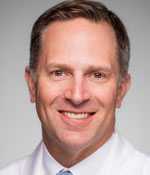
By Douglas S. Smink, MD, MPH, Vice Chair of Education in the Department of Surgery at Brigham and Women’s Hospital in Boston

The bad thing about residency is that life doesn’t stop when you’re a resident. The good thing about residency is that life doesn’t stop when you’re a resident.
Most residents, across specialties, range in age from 25 to 35 years old. This is the prime time to train in medicine to gain clinical competency and independence. It is also the prime time of life to have children and start a family. Can these two processes coexist? The answer is…they must. Life does not stop during residency, but it does pose major challenges as work obligations may keep residents from addressing or experiencing important life events; some even delay childbearing as a result. Life does go on during residency, and as educators and leaders, we must help our trainees live their lives while honing their skills and knowledge.
“Thankfully, I never had to deal with that problem when I was a program director.”
I vividly remember attending a national conference seven years ago, when a researcher presented her work on the many challenges of pregnancy during surgery residency. A former program director stood and voiced the antiquated statement above.
We are now witnessing a paradigm shift, in part due to progressive policies enacted by the American Board of Medical Specialties (ABMS), as well as the oversight board for my specialty, the American Board of Surgery (ABS). In my nine years as the general surgery program director at Brigham and Women’s Hospital, one of my proudest accomplishments is that more than 20 children were born to our residents. Every single one of them was a challenge, both for the resident and the residency. None of them was ever a problem.
“Congratulations! That is so fantastic!”
Childbearing and childrearing create significant challenges during residency, some unique to medical training, and some universal. For residents, these challenges include their health, their baby’s health, their education, and their finances. Program directors have challenges as well – the residents’ education, their schedule, the other residents who are often asked to help with coverage but should not be overburdened. As soon as a program director learns that a resident is pregnant, the knee-jerk reaction is to focus on programmatic issues, and regrettably I have been guilty of that as well. Over time, I have learned to take a more humanistic approach.
At the beginning of every academic year, I would remind the residents that if they became pregnant, I should be one of the first people they tell, so that we can prepare and plan. I also learned the importance of being human when residents come to tell you, as their program director, that they are pregnant. This joyful event is often overshadowed by concerns about their education, their health, and their colleagues. I learned to take a step back and focus on this amazing life event. My wife and I have four children, and we know that raising them is our greatest accomplishment. So, when residents would come to me and tell me that they are pregnant, I would pause and say, “Congratulations! That is so fantastic.” We would talk about children and parenthood. It was only in a subsequent meeting that we would talk about pregnancy-related logistics.
Residency is long and challenging, no matter the specialty. I feel privileged to be part of the field of surgery where ABS, along with ABMS, has been a leader in creating thoughtful and flexible policies that normalize pregnancy in residency training. This will never be easy, but it is definitely not a problem. As a matter of fact, it is fantastic.
Read the latest issue of ABMS Insights and sign up to receive quarterly updates about board certification.
-
Read More:
- ABMS Insights |
- Guest Columns |
